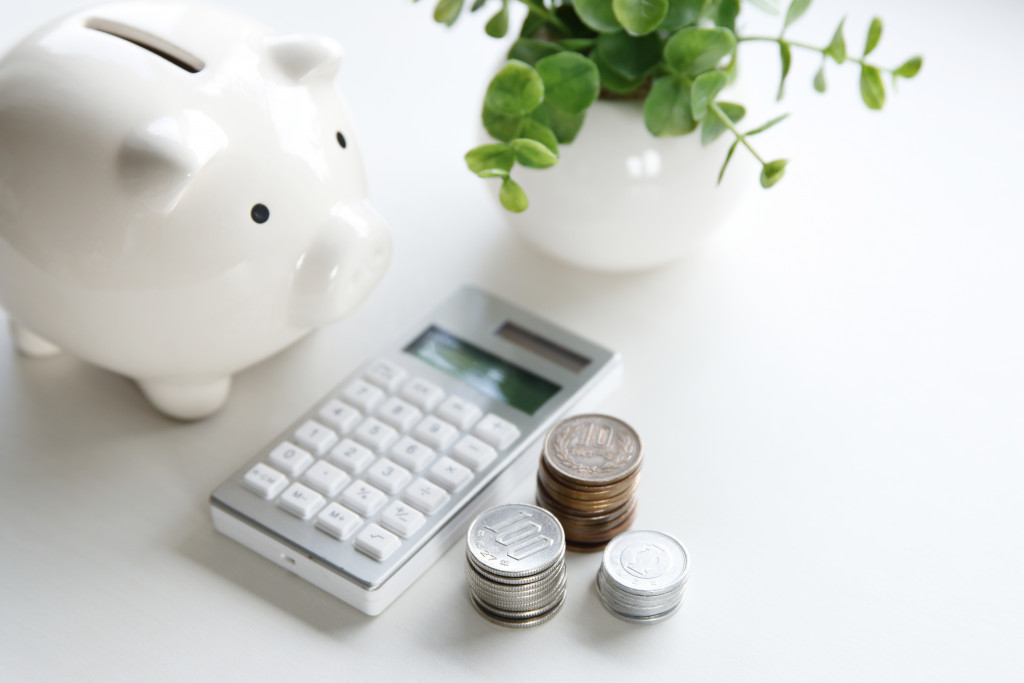Regardless of your monthly income, it’s still a wise decision to be financially aware and responsible for your own spendings. With the economy proving to be more and more volatile, it’s never a bad idea to start saving. Perhaps you’re saving up for a big event in the future, or you’re just storing money for a rainy day, saving and maintaining finances will always be a good decision.
Most of the time, however, know how to start saving is what’s stopping us. It can be very difficult to look at your monthly finances and think “I don’t have enough money to spend after paying for necessities”. No matter the situation, you can always find ways to save money, no matter how little or how big it is. This guide is here to help you, so let’s begin.
Know Your Monthly Budget
Your first order of business is knowing how much money you need for a month’s worth of necessities. And this means only the bare necessities, the ones that you simply can’t live or function without. This includes utilities, mortgage, monthly payments to insurance or connection plans, and other daily requirements. Knowing how much you need to spend in a month will help you pinpoint how much of your salary needs to go to bills and how much will be left for savings or even emergency funds. Once you know how much your required monthly budget is, it’s on to the next step.
Track Your Expenses
After knowing your required expenses, the next step is to track your expenses. This helps you stay within your budget and prevent you from going overboard with buying things you think you need. There is multiple software that allows convenient tracking of your expenses, there are apps available for both smartphones and computers. Log all of your spending and keep an alarm if you’re approaching your monthly limit. Self-discipline and knowing how to limit yourself is the key to saving money.
Eat at Home
Most of our large expenses tend to come from eating out. Be it ordering lunch during workdays or eating out for dinner because you’re too tired to cook, all that daily spending added up will result in a ridiculously large amount of money. Save money by doing the groceries and preparing your meals. You can cook your food beforehand, and put them in containers for later consumption.
There’s a lot of suppliers of food-safe packaging materials to ensure that your food won’t go bad. This way, you can simply grab a box for lunch and reheat it later. Preparing your own meals is an easier way to stay healthy, and save money.
Do Some Home-based Freelance Work

There’s an abundance of freelance work with very flexible working options nowadays. Thanks to the power of the internet, you can easily find a decent paying gig that can add more content to your bank. Look at your skills and see if you have anything to offer, there’s a lot of SEO companies looking for writers, or industries looking for graphic arts, or even software companies looking for extra programmers.
If you have a skill, then there’s a way to earn from it. Just keep your eye out for freelance jobs and make time for it, you’ll be saving extra money in no time.
Prioritize Your Expenses
Saving money doesn’t mean being a complete miser and never spending a dime for yourself or anything. It simply means being aware and responsible for your own financial decisions. Keeping a close fist on your expenses can be stressful at times, so knowing when you should spend is necessary. It’s best to know your priorities– you shouldn’t skimp on dental care even if means spending more.
There will be times when spending is inevitable, and those moments are emergencies, health issues, celebrations, or even some relaxation. Just manage your priorities and learn to be aware of your spending. If you think you’ll regret spending on it, then you just might.
Set Financial Goals
It simply won’t do to keep saving and saving without any plan or strategy. This can leave you frustrated and confused as to why you’re saving money in the first place. Having a financial goal is a great way to keep you focused and prevent burnouts from happening. An example of a good financial goal can be as simple as ‘saving 100,00$ in the bank’ or even having a 6-month’s worth of emergency funds.
Keep your financial goal realistic and achievable, and you’ll feel satisfied once you reach it. Saving money is not as difficult as it seems, it just requires focus and discipline on your part.

